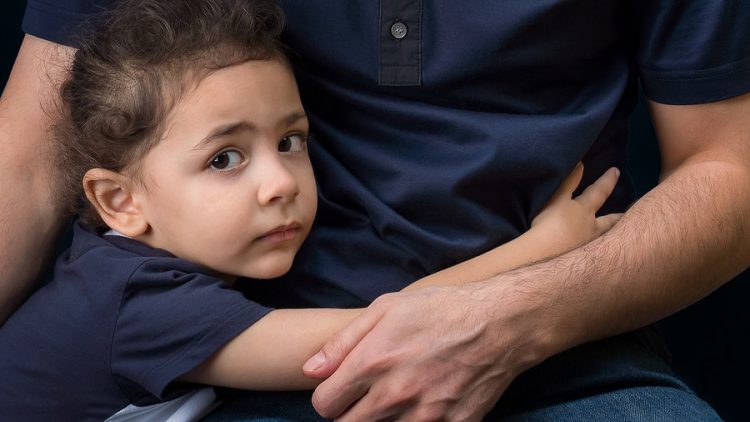Guardianship Issues in Estate Planning
As parents, it’s a topic we don’t even want to consider, much less talk about: us dying before our children are 18. But part of the responsibility of being a parent is ensuring your children are cared for, even if you’re no longer there to be the one providing that care and support.
If you leave their lives while they’re still minors, you have a big role to fill for them, finding a suitable “parent,” or guardian, to help steer them into adulthood.
What Is a Guardian?
A guardian is a person who manages a minor child’s needs, including providing food, shelter, education, and medical care.
That person also typically manages the finances of the children, whether they are providing financial support directly or are managing a trust or inheritance left by you.
Although a guardian relationship is legally binding, it does not take the place of the parent-child role. That can only occur if the child is adopted by the guardian, at which point the adult transitions from legal guardian to legal parent.
What you might not know is that a guardian can also be the children’s parent. If the children receive an inheritances—for instance, following a divorce when one parent dies and leaves assets to the children, who are then cared for by the other parent—the surviving parent may choose to obtain legal guardianship of those children.
That’s because the courts are not too keen on giving parents oversight of children’s finances for fear that they might misuse them. The guardianship, however, outlines legal and fiscal obligations that benefit the children in such circumstances.
Choosing a Guardian
If you married and you die but your spouse lives (assuming that person is your children’s parent), your children will legally be their responsibility. Likewise, if you are divorced and have a co-parent in the picture, your child’s other parent will probably take on full-time responsibility if you are no longer alive.
In cases of divorce, giving full-time parenting duties to your children’s other parent may not always be the best option for them, especially if domestic violence is an issue.
Since the state’s default is to grant custody to biological parents, you will need to work with an experienced estate-planning attorney to determine what your options are if you don’t want your minor children to go to their other parent.
So what if you don’t have another parent in your children’s life? Or if both of you were to perish at the same time? That’s when you really need to have a serious conversation about which adult in your children’s lives is both appropriate and willing to take over should the need arise.
The smart choice is to speak to the potential guardian and ensure that they are okay with assuming responsibility for your children should you pass away. Many parents choose grandparents, aunts and uncles, older siblings, or close family friends who have a vested interest in the children’s continued wellbeing. However, what you don’t want to do here is assume. Let everyone in on the conversation. It’s unlikely they will be needed, but if they are, they should be ready.
Assign a Temporary Guardian
Let’s say that you have named your sister, the children’s Aunt Sally, to be your children’s guardian. But Aunt Sally travels frequently and is abroad when you die.
In that instance, you must name a temporary guardian who is available to care for your children until Aunt Sally is back from her overseas vacation.
Why is this important? Since the state cannot leave children alone, if they do not have a guardian who is able to immediately care for them, they will be placed with Child Protective Services (CPS) until that guardian is available.
This results in a lot of paperwork but, more importantly, a serious jolt for your children. They’re already dealing with losing their parents; don’t let them have to work through the state’s system. You can protect them by naming a temporary guardian.
If you are a parent, you owe it to your children to have a plan in place for their care should you die before they reach the age of 18.
Engaging with an attorney to protect your family is never an easy step. Whether you need to protect your family from the unthinkable or restructure your family through collaborative divorce, we’re here to help. When you’re ready to schedule a consultation with Michelle Ogborne, please visit the scheduling page to get started.







